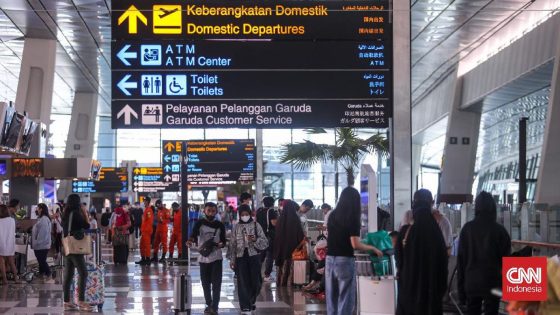On February 2, 2025, Hashim Djojohadikusumo, Indonesia‘s Special Presidential Envoy for Climate and Energy, criticized the Just Energy Transition Partnership (JETP) worth $20 billion. He stated that after two years, the program has seen no significant progress, raising concerns about its future effectiveness. Is this partnership failing to deliver for Indonesia?
- JETP program shows no significant progress.
- US has not disbursed any funds.
- Hashim calls program a total failure.
- US policy changes affect funding availability.
- Indonesia should reduce reliance on foreign funding.
- JETP's effectiveness questioned for future.
Why is the U.S. Not Funding Indonesia’s Energy Transition Program?
What could be the reasons behind the U.S. withholding funds for the JETP? Hashim Djojohadikusumo’s remarks suggest a troubling trend for Indonesia’s clean energy initiatives.
JETP’s Promises and Indonesia’s Energy Future
Hashim highlighted that of the $20 billion pledged, only $5 billion was expected as grants, which have yet to materialize. This raises questions about the reliability of foreign funding for Indonesia’s energy transition.
Key Concerns About JETP Funding
Several critical issues have emerged regarding the JETP funding:
- No funds have been released by the U.S. government.
- Changes in U.S. policy under previous administrations impact funding commitments.
- Indonesia’s reliance on foreign aid for energy transition is questionable.
- Local energy companies, like PLN, doubt the feasibility of JETP funding.
Implications for Indonesia’s Clean Energy Goals
Hashim emphasizes that Indonesia must not depend solely on foreign funding for its energy transition. With ambitious economic growth targets, the country needs to explore alternative funding sources and strategies.
Looking Ahead: What’s Next for Indonesia?
As the JETP program faces uncertainty, Indonesia must adapt. Will the nation find innovative ways to finance its clean energy initiatives? The future of Indonesia’s energy landscape may depend on it.































